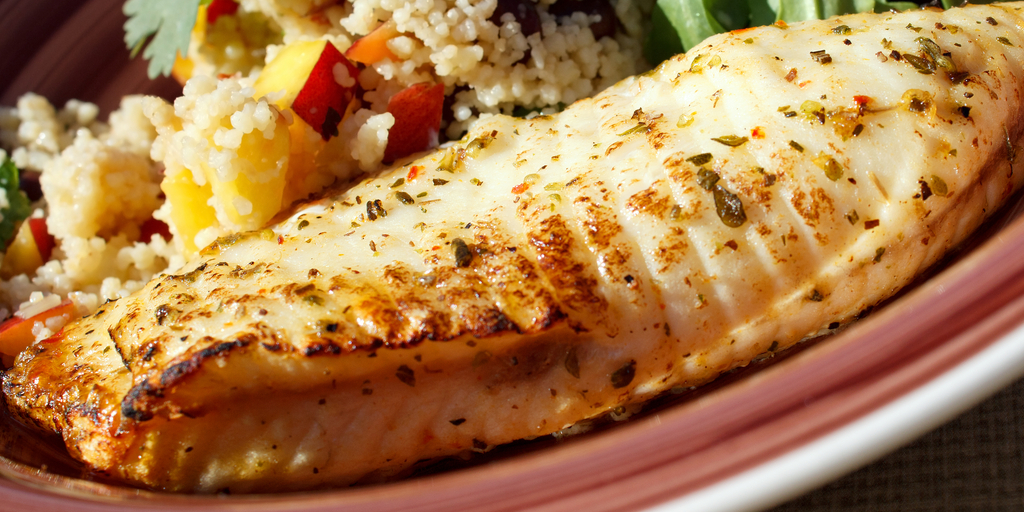Tilapia: Eat Facts, Not Fiction
Check out the latest on tilapia nutrition from NFI.
We’d love to be a fly-on-the-wall in Eat This, Not That!’s newsroom to understand how an article that perpetuates a tilapia myth discredited almost a decade ago can still make it through the editorial process and onto its online pages.
In the meantime, we’ve reached out to the associate editor voicing our concerns, and hopefully we get some insight.
Dear Ms. Smith,
I’m writing with serious editorial concerns about your online article, “How Tilapia is a More Unhealthy Food than Bacon.” The headline alone is border-line journalistic malpractice, and the article to follow is rife with recommendations that fly in the face nutrition science and government advice.
Comparing tilapia to bacon is dated (nearly decade-old) hyperbole that was debunked and discredited years ago. Your article, referring to a Wake Forest study that started the conversation about omega-3 versus omega-6 fats in tilapia, leaves out the fact that the lead author of the study, Dr. Floyd Chilton, said on-the-record, that his comments about tilapia were taken out of context. “We never intended to paint tilapia as the cause of anything bad.”
In addition, your article forgot to note that an international coalition of more than a dozen doctors spoke out, after seeing the study and confusing reports, to clarify that fish like tilapia are low in total and saturated fat, high in protein and clearly part of a healthy diet. They say that replacing tilapia with bacon, hamburgers or doughnuts is absolutely not recommended.
Reputable mainstream news outlets have dug into the issue of tilapia’s perception challenges and have reported with research, facts and science to back up their findings (a concept Eat This should consider using). The Bend Bulletin found:
- “…it’s overall fat profile is much better than many animal sources of protein which come with much higher amounts of saturated fat. Tilapia contains only a half gram of saturated fat per 3 ounce serving, compared with 1 gram in chicken breast meat or 8 grams in steak.
- “It’s a very nutritious fish.”
Similarly, the Washington Post concluded:
- “The point here is simply that there’s absolutely no reason to trash tilapia.
- “Tilapia, in short, is an environmentally friendly, lean, low-calorie source of protein. We need all of those we can get.”
The suggestion to stay away from all farmed fish further illustrates the ignorance your organization has about seafood consumption. 50% of the fish and seafood products Americans already eat are farmed, including about 90% of the shrimp Americans consume. Funny, your organization has no problem promoting shrimp recipes.
The recommendation to avoid tilapia and other farmed fish also flies in the face of government guidance. The 2015 Dietary Guidelines Advisory Committee (DGAC) found that both wild-caught and farm-raised fish are nutritious, safe and beneficial for optimal health. Furthermore, a USDA report found 80-90% of Americans are not eating enough seafood, and need to eat more.
Your article perpetuates a food myth that was long ago exposed by mainstream media and the health and nutrition community as being hyperbolic and out of context. Your article has the potential of scaring readers away from eating all seafood, which does a huge disservice to their health. We are asking that you remove this article from your website.
I look forward to hearing from you.
Lynsee Fowler
Communications Manager
National Fisheries Institute



